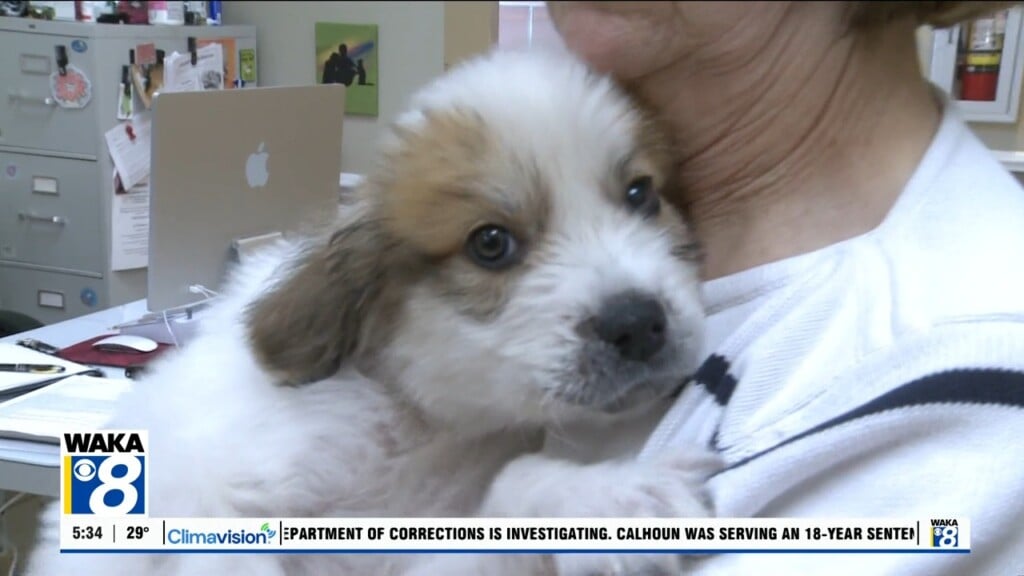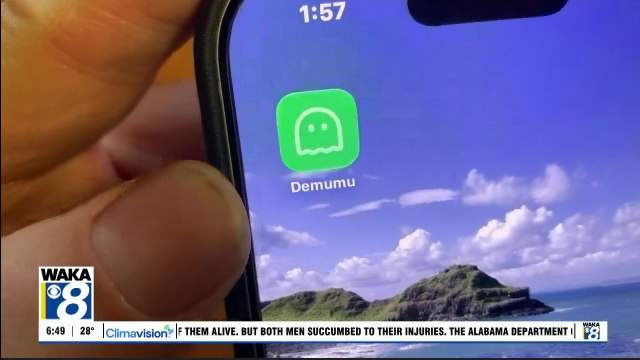What You Need to Know Today About the Virus Outbreak
 Regional and political fractures are emerging in many countries over how fast to lift the lid on coronavirus-imposed lockdowns, as worries about economic devastation collide with fears of a second wave of deaths.
Regional and political fractures are emerging in many countries over how fast to lift the lid on coronavirus-imposed lockdowns, as worries about economic devastation collide with fears of a second wave of deaths.
WHAT’S HAPPENING TODAY:
— Many governors across the U.S. are disregarding White House guidelines for safely easing restrictions and letting businesses reopen, an Associated Press analysis found. Those states do not appear to meet one of the key benchmarks set by the White House for loosening up.
— Concern is growing that mixed messages about the seriousness of the pandemic from Mexico’s president and lax enforcement of social distancing are manifesting in what could be a frightening preview as infections begin to peak in Mexico City and its suburbs. Some 20 million people live in close quarters in the Mexican capital, jamming subways and buses, shopping in crowded markets, and clustering around street food stalls.
— A new study finds no evidence of benefit from a malaria drug promoted by President Donald Trump, among others, as a treatment for coronavirus infection. Hydroxychloroquine did not lower the risk of dying or needing a breathing tube in a comparison that involved nearly 1,400 patients treated at Columbia University in New York, researchers reported in the New England Journal of Medicine.
— As the coronavirus pandemic decimates many companies, big business that has become synonymous with the world’s largest prison system continues to make money. Men and women behind bars in at least 40 states continue to work, sometimes earning next to nothing to make masks and hand sanitizer to help protect others from the pandemic.
— One of the world’s largest brewers may have to dump 400 million bottles of beer
 as a result of South Africa’s ban on alcohol sales that is part of its lockdown measures to combat the spread of the coronavirus.
as a result of South Africa’s ban on alcohol sales that is part of its lockdown measures to combat the spread of the coronavirus.
WHAT YOU NEED TO KNOW:
For most people, the coronavirus causes mild or moderate symptoms, such as fever and cough that clear up in two to three weeks. For some, especially older adults and people with existing health problems, it can cause more severe illness, including pneumonia and death. The vast majority of people recover.
Here are the symptoms of the virus compared with the common flu.
One of the best ways to prevent the spread of the virus is by washing your hands with soap and water. The U.S. Centers for Disease Control and Prevention recommends first washing with warm or cold water and then lathering soap for 20 seconds to get it on the backs of hands, between fingers and under fingernails before rinsing off.
(Copyright 2020 The Associated Press. All rights reserved. This material may not be published, broadcast, rewritten, or redistributed without permission.)






